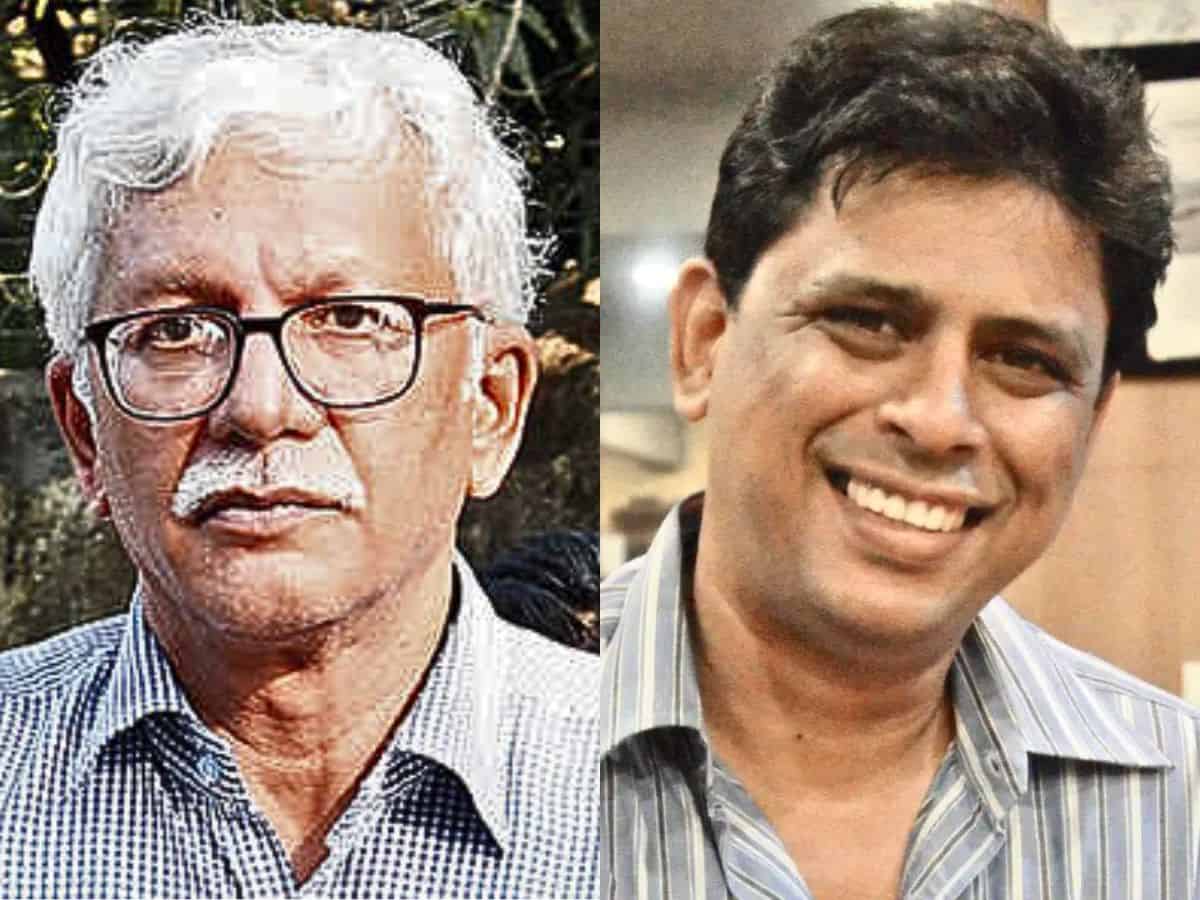Indian Supreme Court orders the release of two of Fr Swamy’s fellow inmates
The court ruled that the evidence against human rights activists Vernon Gonsalves and Arun Ferreira is insufficient to justify their detention on terrorism charges. The ruling also confirms the arbitrariness of Fr Swamy’s arrest. The 84-year-old Jesuit tribal rights advocate, who died in 2021 from COVID-19 after almost nine months in prison, saw his requests for release rejected several times.
Delhi (AsiaNews) – The Supreme Court of India has granted bail to Vernon Gonsalves and Arun Ferreira, two human rights activists held for five years in Mumbai’s Taloja prison after they were accused under India’s Unlawful Activities (Prevention) Act (UAPA) in connection with a violent outbreak during Dalit celebrations marking the battle of Bhima Koregaon on 1 January 2018.
The court ruled that the mere possession of literature that promotes violent actions cannot be deemed evidence of involvement in terrorist behaviour and cannot therefore justify detention.
One of Vernon Gonsalves’s cellmates in Taloja was Stan Swamy, a 84-year-old tribal rights advocate from Jharkhand, who died two years ago from COVID-19 after he was released from prison.
Held for nine months on the same charges, the Jesuit clergyman saw several applications for bail rejected. A few weeks ago, AsiaNews published an article that described how, even in jail, he dedicated himself to other inmates, even with his singing that could be heard beyond the walls of his cell.
With its ruling, the Supreme Court is not only acknowledging the injustice done to Vernon Gonsalves and Arun Ferreira, describing the denial of bail as a serious violation of a fundamental human right, but also makes clear what it thinks of Fr Swamy’s arbitrary arrest.
The more so since the clergyman persistently denied any knowledge about propaganda documents from Maoist guerrillas found on his laptop.
A report by Boston-based Arsenal Consulting, a forensic firm specialising in computer crimes hired by the defence in the case of the Bhima Koregaon affair, backed the clergyman’s claim.
An analysis of the hard drive revealed that 44 documents, including the so-called Maoist letters, were planted in the computer by an unknown hacker who had access starting in 2014. It is on this basis that India’s National Investigation Agency (NIA) charged Fr Swamy.
22/03/2021 14:02
24/02/2021 17:08







.png)










